Recommended reading
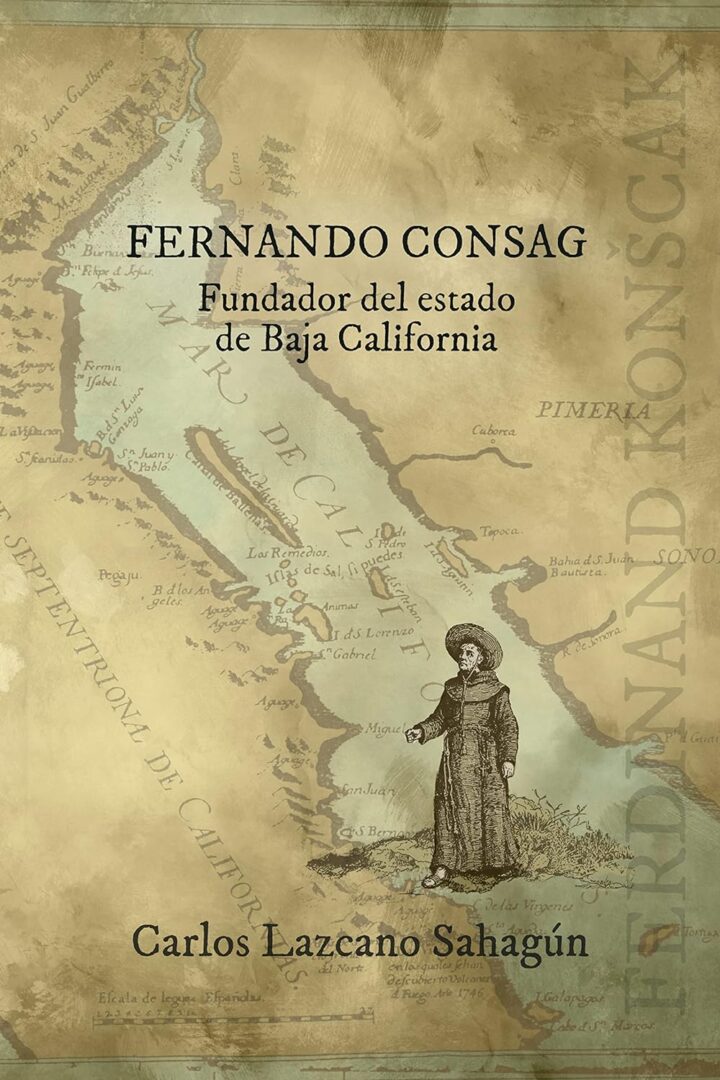
Fernando Consag: Founder of the State of Baja California
Author: Carlos Lazcano Sahagún
This book recounts the Californian life of Jesuit missionary Fernando Consag and the difficult beginnings of what is now the state of Baja California. Founder of regions, builder and architect, linguist, naturalist, cartographer, rancher, farmer, Consag was a visionary who saw in these deserts and in the Californian Indians all the potential of this geography and of these human beings.
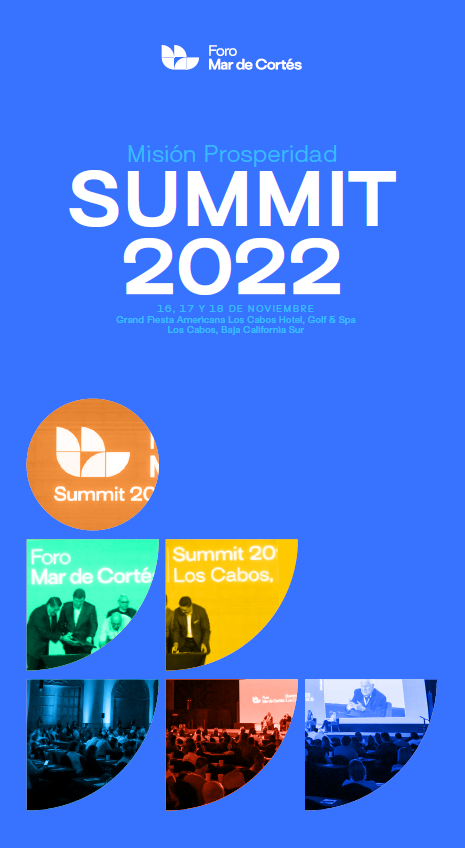
Summit 2022 Report: Mission Prosperity
Author: Sea of Cortez Forum
In this Report of Summit 2022 Mission Prosperity you will find a summary of the most substantial aspects of each of the speakers, who, together with the members and special guests, dialogued with openness and enthusiasm, informed themselves and discussed the social, economic and environmental dimensions of this rich region, whose heart is a World Heritage Site.
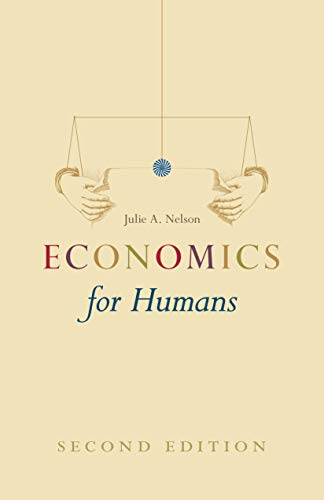
Economics for Humans
Author: Julie A. Nelson
In essence, an economy is about providing goods and services for human welfare. But many economists and critics preach that an economy is something quite different: a cold, heartless system that operates outside of human control. In this passionate and perceptive work, Julie A. Nelson asks a compelling question: since our economic world is something we create as humans, aren't ethics and human relationships, dimensions of a full and rich life, intrinsically part of the whole?
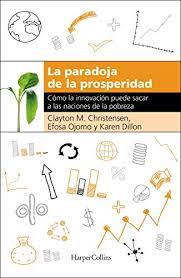
The prosperity paradox
Author: Clayton M. Christensen, Efosa Ojomo and Karen Dillon
Global poverty is one of the world's biggest problems. From education to healthcare, as well as infrastructure to eradicating corruption, too many solutions have been offered, but they are based on trial and error. Essentially, the plan is often to identify areas that need help, flood them with resources and hope to see change over time. But hope is not an effective strategy. How is it possible for nations that receive millions of dollars in aid to remain poor? Christensen suggests one way. The right kind of innovation not only builds companies, it also builds countries. The Prosperity Paradox identifies the limits of common models of economic development, which tend to be top-down efforts, and offers a new framework for economic growth based on entrepreneurship and market-creating innovation to analyze countries such as Japan, South Korea, Nigeria, Rwanda, India, Argentina and Mexico.
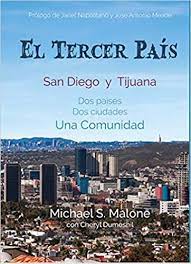
The Third Country: San Diego and Tijuana: Two Countries, Two Cities, One Community
Author: Michael S. Malone
El Tercer País tells for the first time the story of Tijuana and San Diego-an unforgettable story of war and peaceful cooperation, dependence and shared destiny, exploitation and friendship. Above all, it tells the stories of individuals on both sides of the border who have brought the two cities closer together for their mutual benefit. This riveting narrative gives us hope for a universal solution to one of this century's most pressing challenges and offers valuable lessons to nations around the world about building cross-border binational alliances.
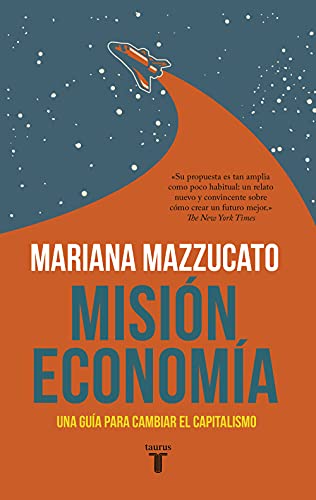
Mission Economy: A Guide to Change Capitalism
Author: Mariana Mazzucato
Capitalism has long been paralyzed and offers no answers to our major problems, such as epidemics, inequality and the environmental crisis. There is a need to rethink the role of states in the economy and society, to orient budgets to the long term and to recover a sense of public interest.
Mission Economy, whose ideas are already being adopted around the world, proposes to set inspiring and exciting goals, including broadly shared prosperity, quality public services for all and a solution to the climate crisis. According to Mazzucato, states can tackle great challenges and ambitious missions, and his vision offers a way out of our immobility towards a more optimistic future.
